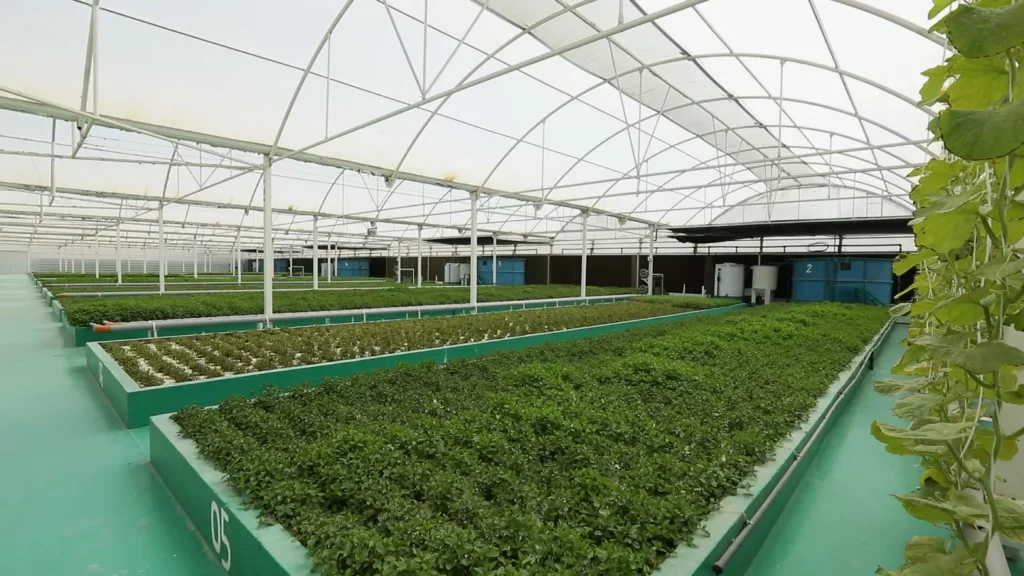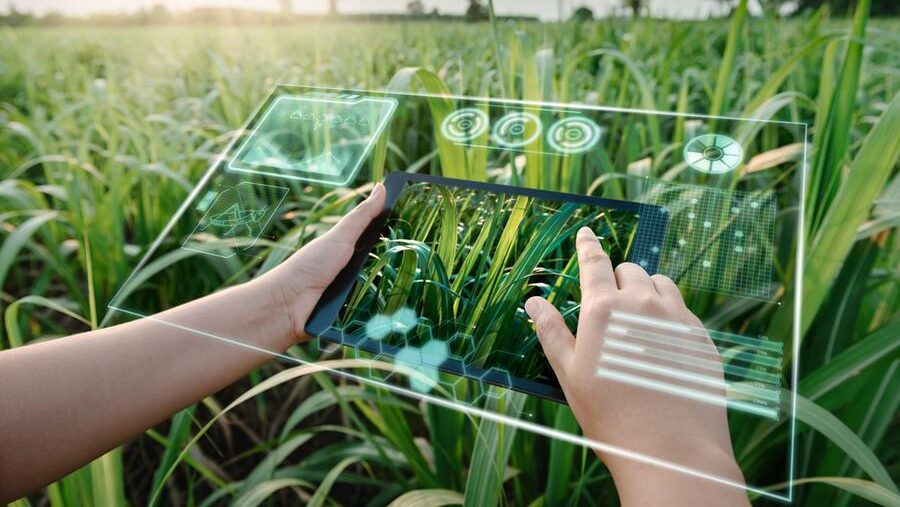Qatar has taken a bold step towards the future of farming by opening its first smart farming village. This unique project combines artificial intelligence (AI) and the Internet of Things (IoT) to grow crops in smarter, faster, and more sustainable ways. The village is designed to support food security, improve agricultural production, and reduce the country’s reliance on imported food.
The smart farming village is the first of its kind in the region and is expected to inspire many similar projects across the Gulf and beyond.
What Is Smart Farming?
Smart farming uses modern technology to manage and monitor farms. In this new village, devices and sensors are placed in greenhouses and fields. These tools collect real-time data about soil, water, temperature, and crop health. AI systems then analyze this information and help farmers make the best decisions — from when to water crops to how much fertilizer is needed.
It’s not just about using machines — it’s about using data in the smartest way possible to grow food more efficiently.
Why Qatar Needs Smart Farming
Qatar has a dry climate with very little rainfall and limited farmland. This makes traditional farming difficult. The country imports a large portion of its food, which can be risky, especially during global crises like pandemics or conflicts.
By using smart farming, Qatar can grow more food locally, save water, and reduce waste. It’s a major step toward making the country more self-sufficient and food secure.

Inside Qatar’s Smart Farming Village
The new village is located outside of Doha and covers several hectares of land. It includes climate-controlled greenhouses, vertical farms, solar-powered irrigation systems, and even AI-powered drones that monitor plant growth.
One of the most exciting features is the use of hydroponics — a method of growing plants without soil. Instead, plants are grown in water filled with nutrients. This technique uses much less water than traditional farming and can produce higher yields.
The village also uses solar energy to power its systems, making it environmentally friendly and sustainable.
Helping Farmers and the Economy
The smart farming village is not just about technology — it’s also about people. Local farmers are being trained to use the new tools and systems. Special workshops and support programs help them learn how to operate the AI platforms and IoT sensors.
The government has also created jobs by hiring engineers, data analysts, and agricultural specialists to work on the project. This means the village is boosting the local economy while helping the environment.
A Model for the Middle East
Qatar’s project is being watched closely by other countries in the Middle East. Many of them face similar challenges: hot weather, limited water, and growing populations. This smart village shows that technology can offer real solutions to these problems.
Leaders from nearby countries have already visited the site, and there are talks about building similar villages in places like the UAE, Saudi Arabia, and Oman.
Support from the Government
The project is part of Qatar’s national plan to develop smart cities and modern infrastructure. It fits within the Qatar National Vision 2030, which focuses on sustainability, innovation, and food security.
Government officials say this is only the beginning. More smart farms and high-tech agricultural villages are expected in the future, with plans to use even more advanced tools like robotics and blockchain to track food from seed to table.
How AI and IoT Work Together in the Village
In the smart farming village, IoT sensors are used to gather all kinds of information — such as moisture levels in the soil, light exposure, and air quality. These sensors are connected to a central system that uses AI to make quick decisions.

For example, if a part of the field is too dry, the system automatically turns on the irrigation in that area only. If a plant is not growing well, AI software can identify the problem and suggest a solution, like changing the nutrient mix or adjusting the temperature.
This kind of precision farming means less waste, better results, and lower costs.
The Benefits Are Clear
There are many reasons why smart farming is a big win for Qatar:
- Saves Water: Smart irrigation uses only the water needed, nothing more.
- Increases Yields: More food can be grown in less space.
- Reduces Labor: Machines do the hard work, so farmers can focus on planning and strategy.
- Improves Quality: AI systems help grow healthier, fresher crops.
- Cuts Imports: More local food means less dependence on other countries.
- Supports the Environment: The village uses clean energy and avoids harmful chemicals.
What’s Next?
Qatar is already planning to expand the project. In the next few years, more land will be added, and additional smart villages may be built in different parts of the country.
The success of this project could also lead to exporting smart farming technology to other nations. Qatar hopes to become a leader in agricultural innovation for the entire region.
Experts believe that smart farming is the future. With climate change and rising food demand, old ways of farming are no longer enough. Countries that embrace innovation will be better prepared to feed their people and protect the planet.
A New Future for Farming
The launch of Qatar’s smart farming village is more than just a local success — it’s a symbol of what’s possible when technology and sustainability come together. It proves that even in harsh climates, it’s possible to grow fresh food, support local farmers, and protect the environment.
As the world faces growing challenges in food security and climate change, projects like this offer hope — and a clear path forward.
Also read: Kuwait’s Digital Archive Brings Gulf History to Your Screen



